Metal vs. Asphalt: Which Is Better?
When it comes to roofing, homeowners are faced with a significant decision: choosing between metal and asphalt shingles. Both materials offer distinct advantages and drawbacks, and the right choice often depends on factors such as budget, climate, and the aesthetic vision you have for your home. Understanding the differences between metal and asphalt roofing can help you make an informed decision that suits your specific needs. In this blog, we will explore the differences between metal and asphalt roofing to help you make an informed decision.
Cost Considerations of Asphalt Shingles
Asphalt shingles are the most popular roofing material in the U.S., largely due to their affordability. For homeowners on a tight budget, asphalt is an attractive option because the initial costs are significantly lower compared to metal roofing. Asphalt shingles are also widely available and easy to install, making them the go-to choice for many residential projects. They come in various styles, textures, and colors, allowing you to personalize the look of your home without breaking the bank.
Durability and Environmental Benefits of Metal Roofing
Metal roofing has been gaining popularity. According to Allied Market Research, the global metal roofing market was valued at $23.8 billion in 2020 and is projected to grow to $33.5 billion by 2030. This surge in demand is fueled by several key benefits that metal roofing offers over traditional materials.
One of the biggest advantages of metal roofing is its durability. In our experience, metal roofs can last anywhere from 40 to 70 years, depending on the type of metal used. They are also highly resistant to extreme weather conditions, such as heavy rain, snow, and even wind. This makes them an ideal choice for areas prone to storms or harsh climates!
Both metal and asphalt roofing materials offer unique benefits, catering to different needs and preferences. If you're looking for an affordable, customizable option with various design possibilities, asphalt shingles may be the best fit. However, if longevity, durability, and environmental impact are your top priorities,
metal roofing stands out as the superior choice.
Ultimately, the best roofing material for your home depends on your specific circumstances, including your budget, local climate, and aesthetic preferences. Consulting with roofing professionals can provide valuable insights tailored to your situation. For expert guidance and quality installation, contact Rain Guard Roofing today! We’re here to help you make the right choice for your home’s roof.

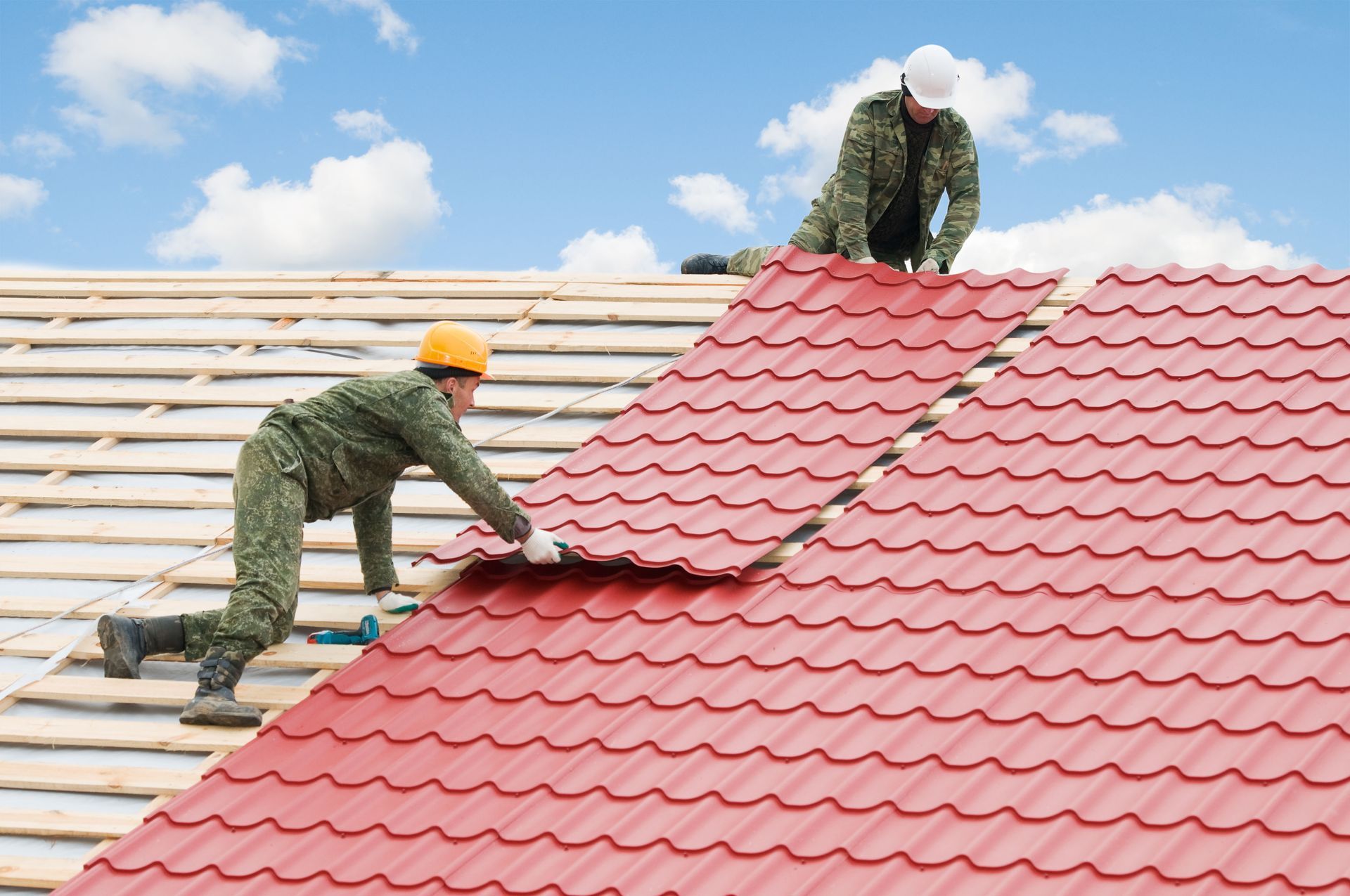
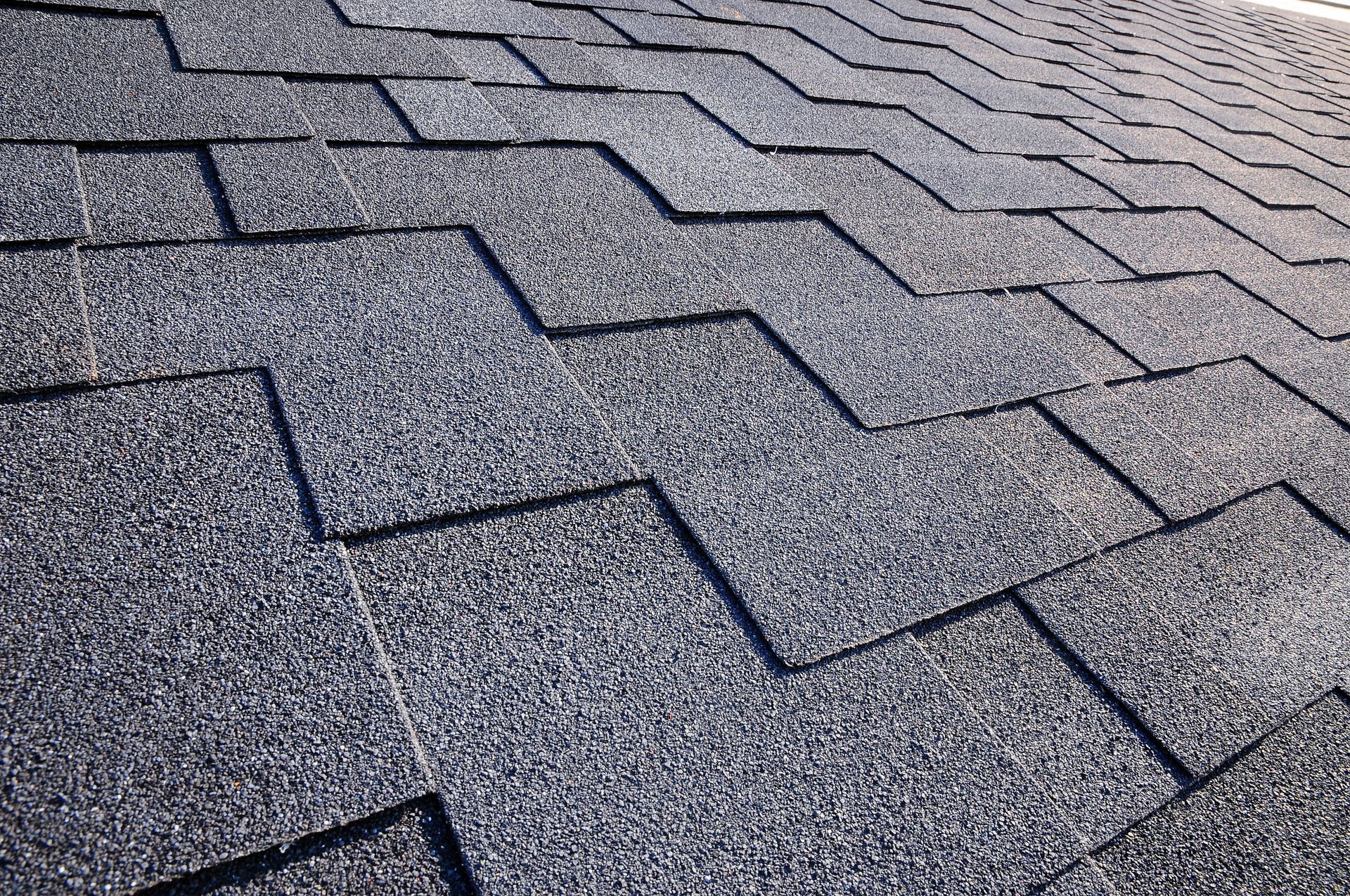
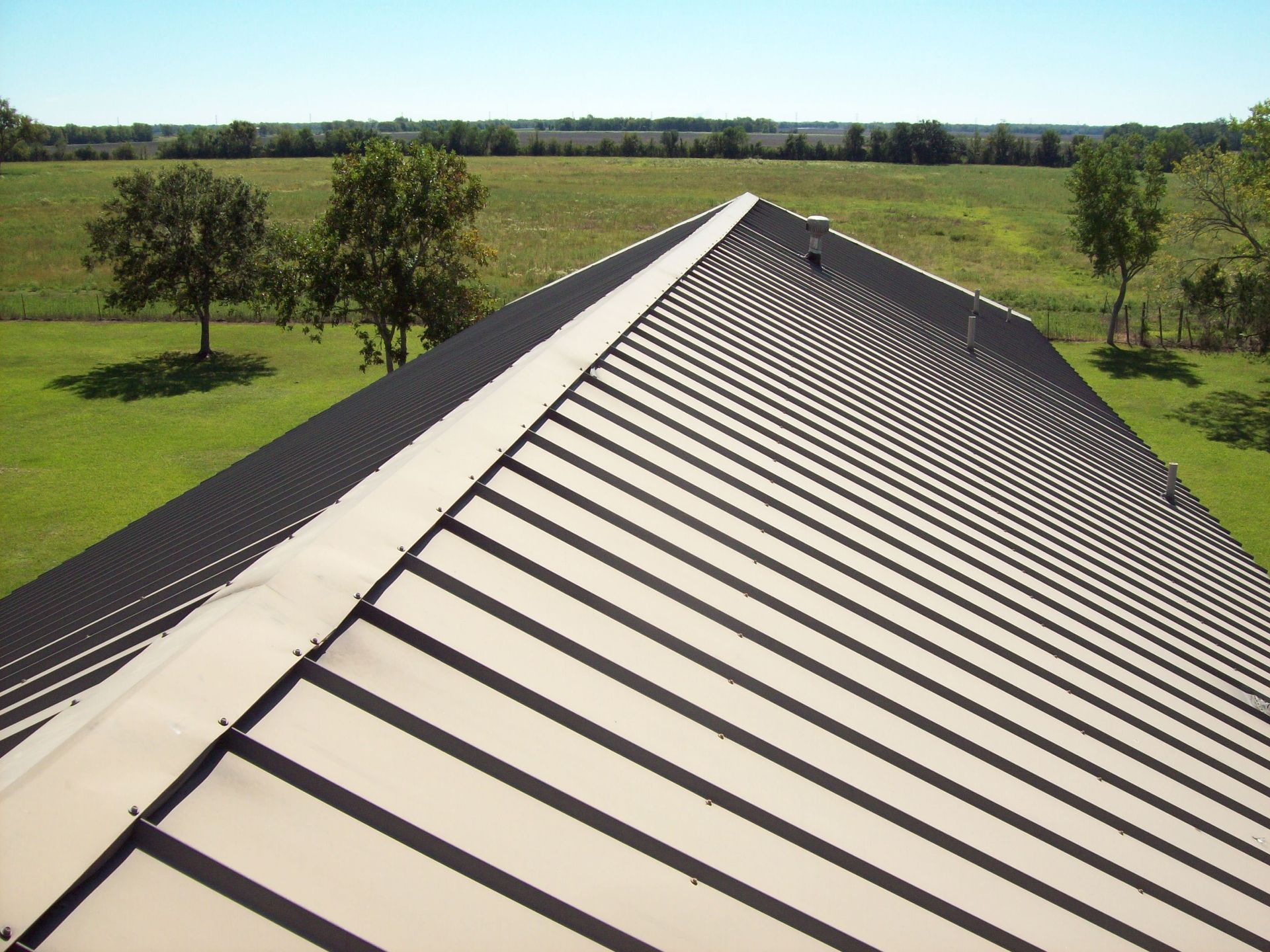
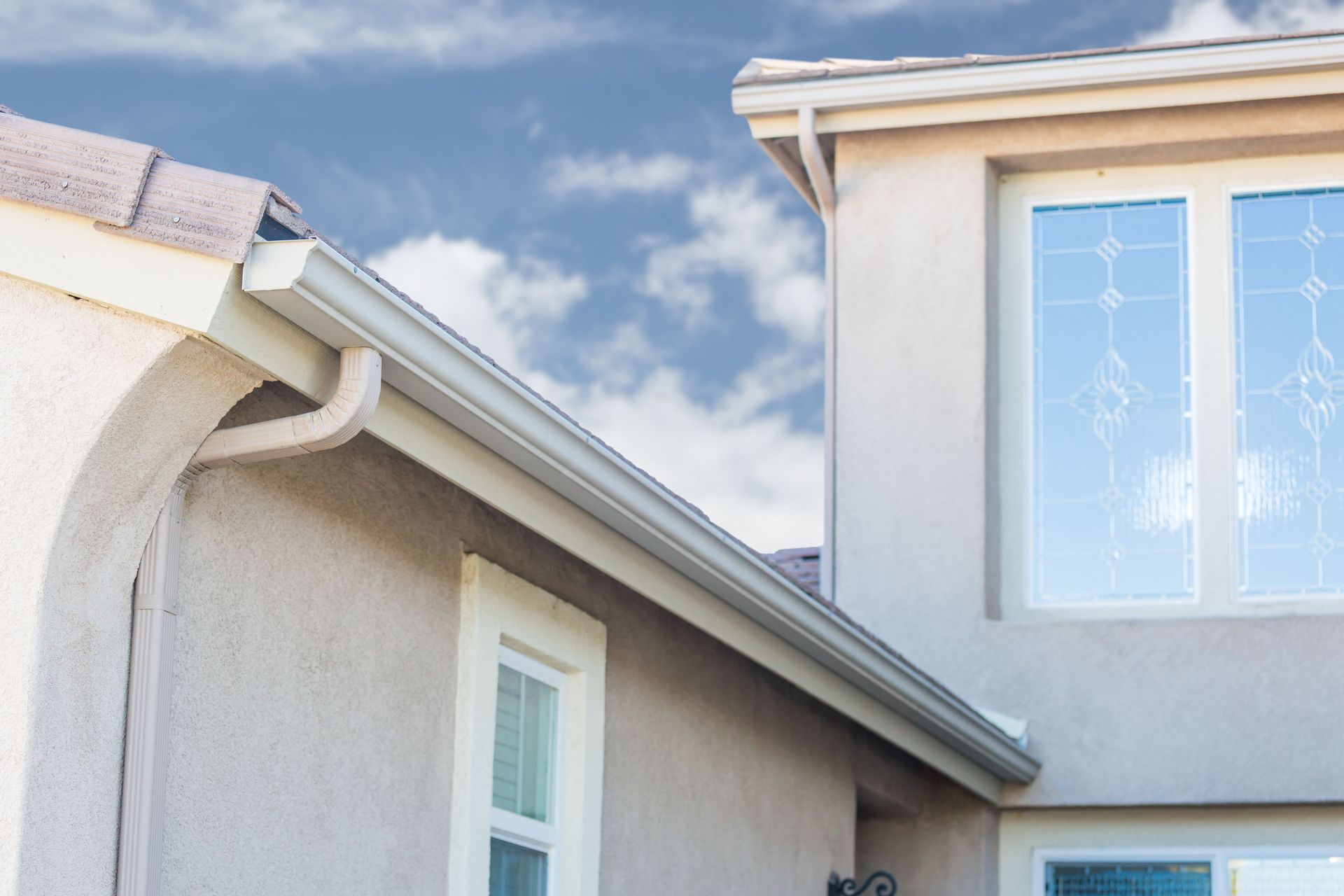
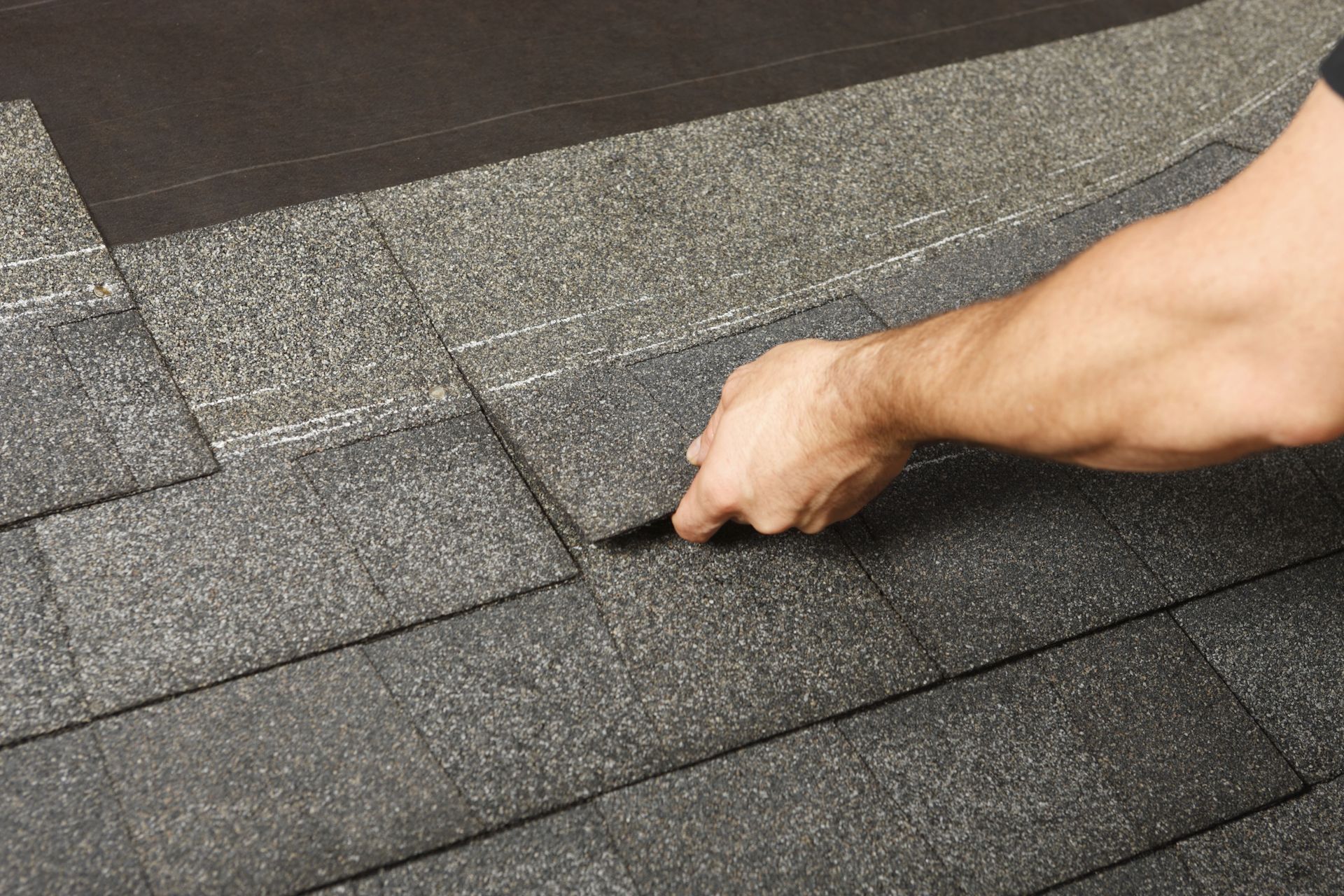
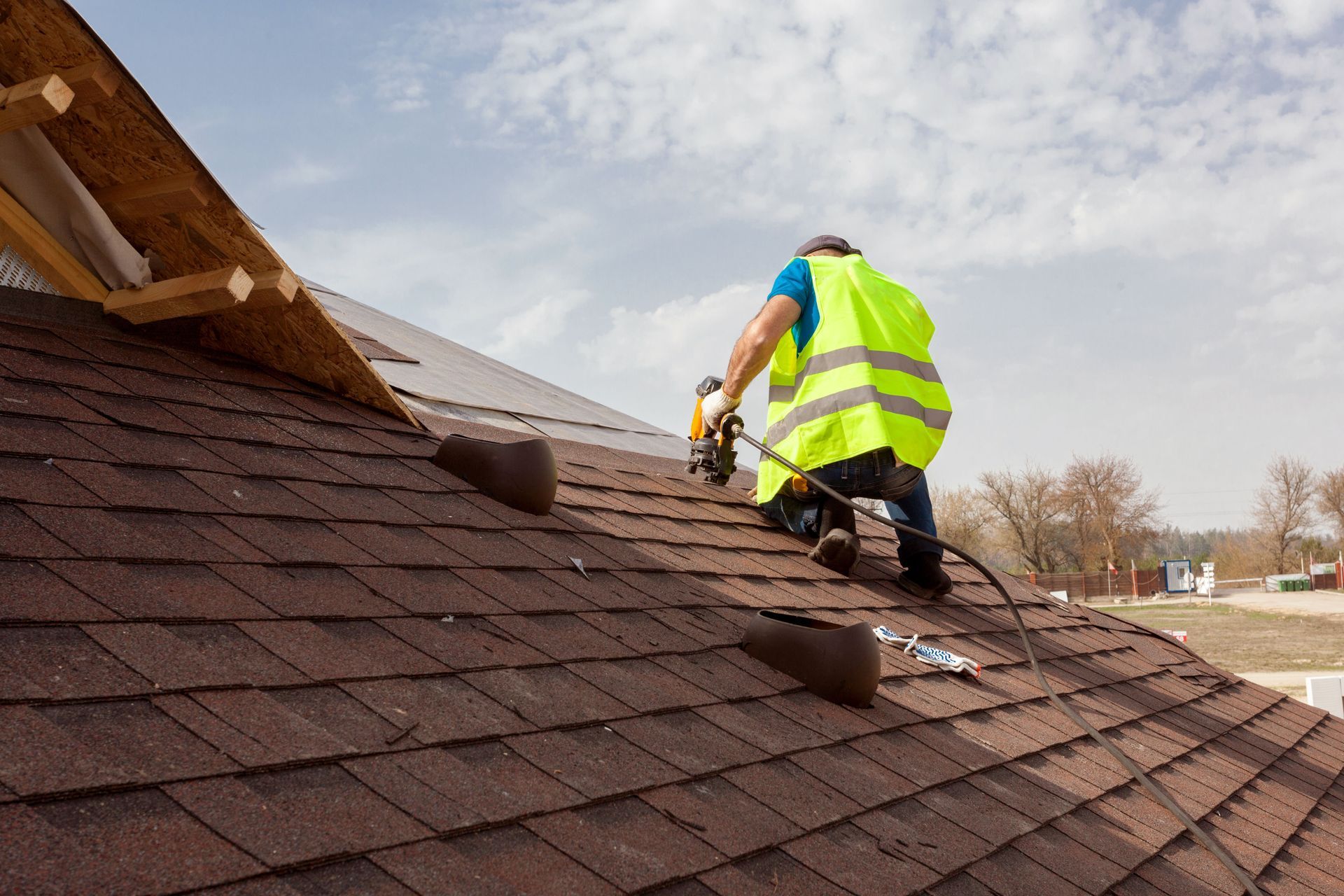
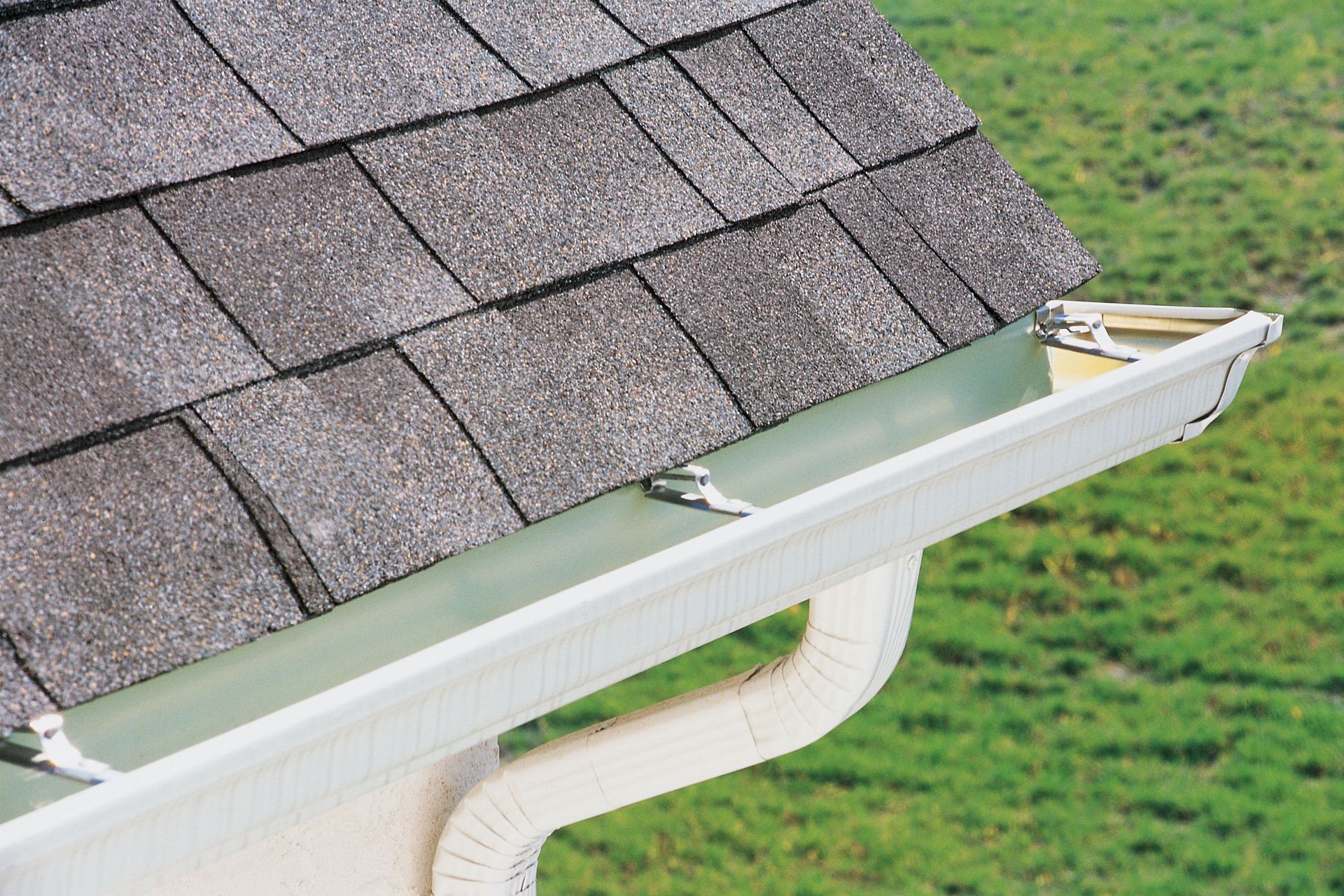
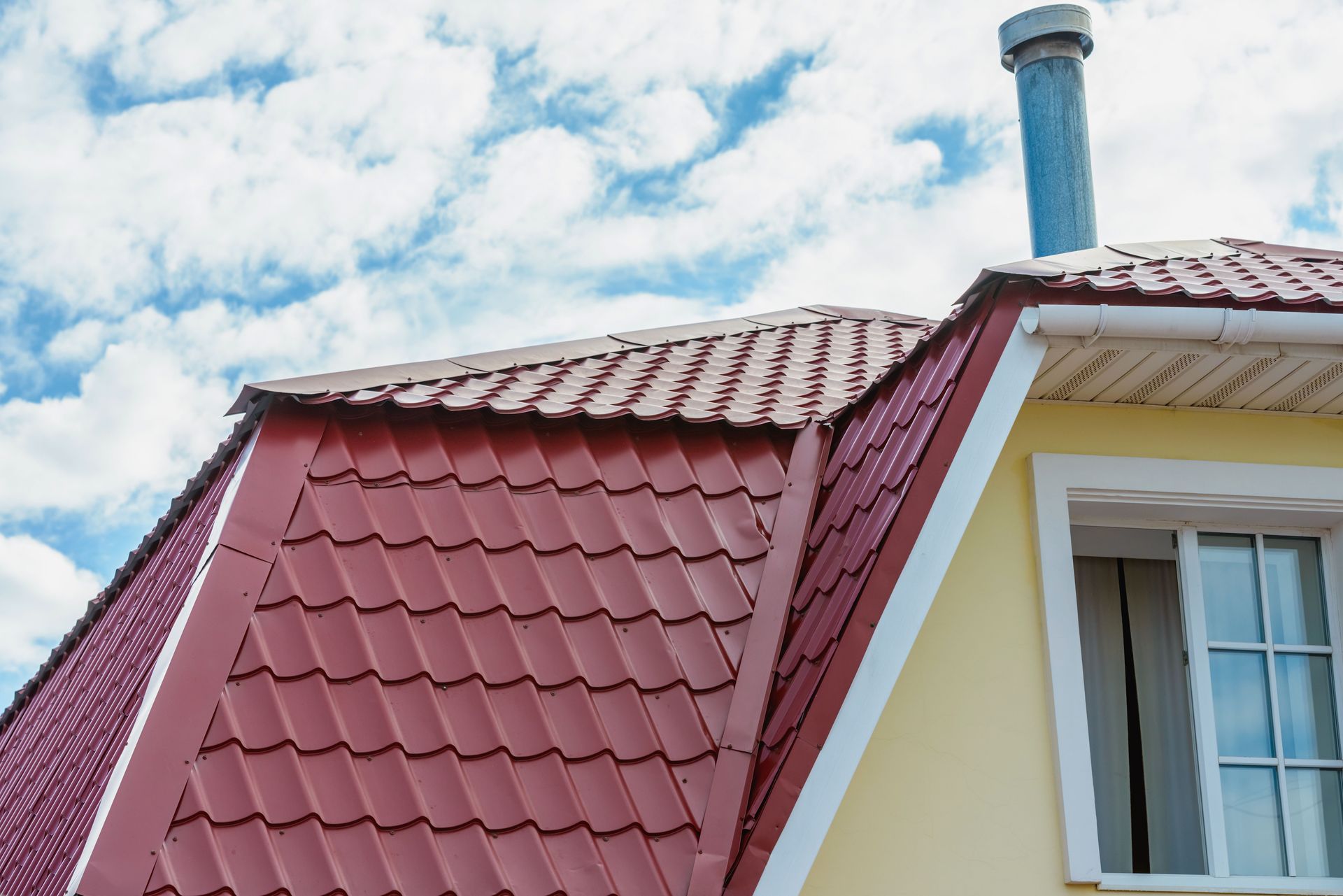
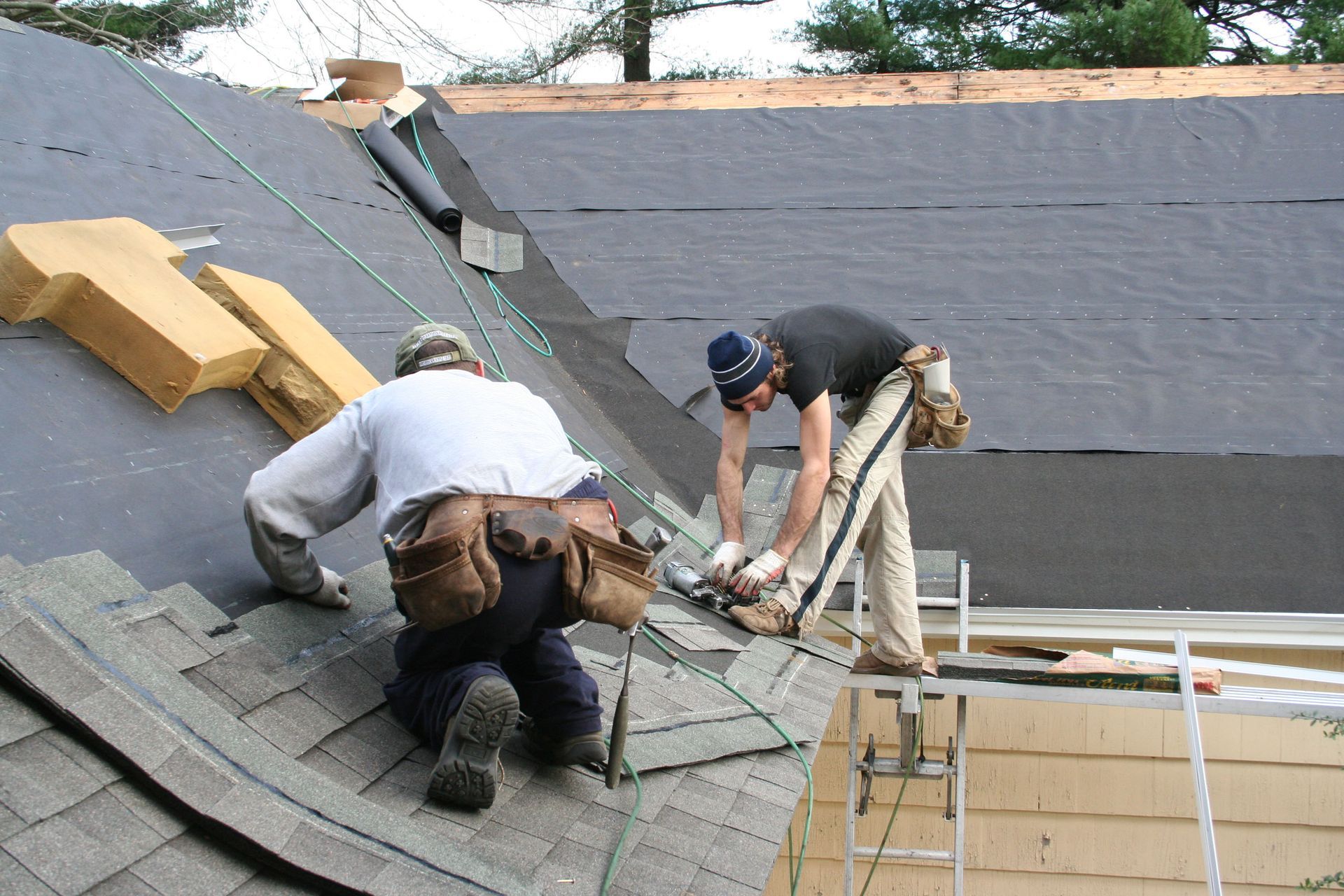
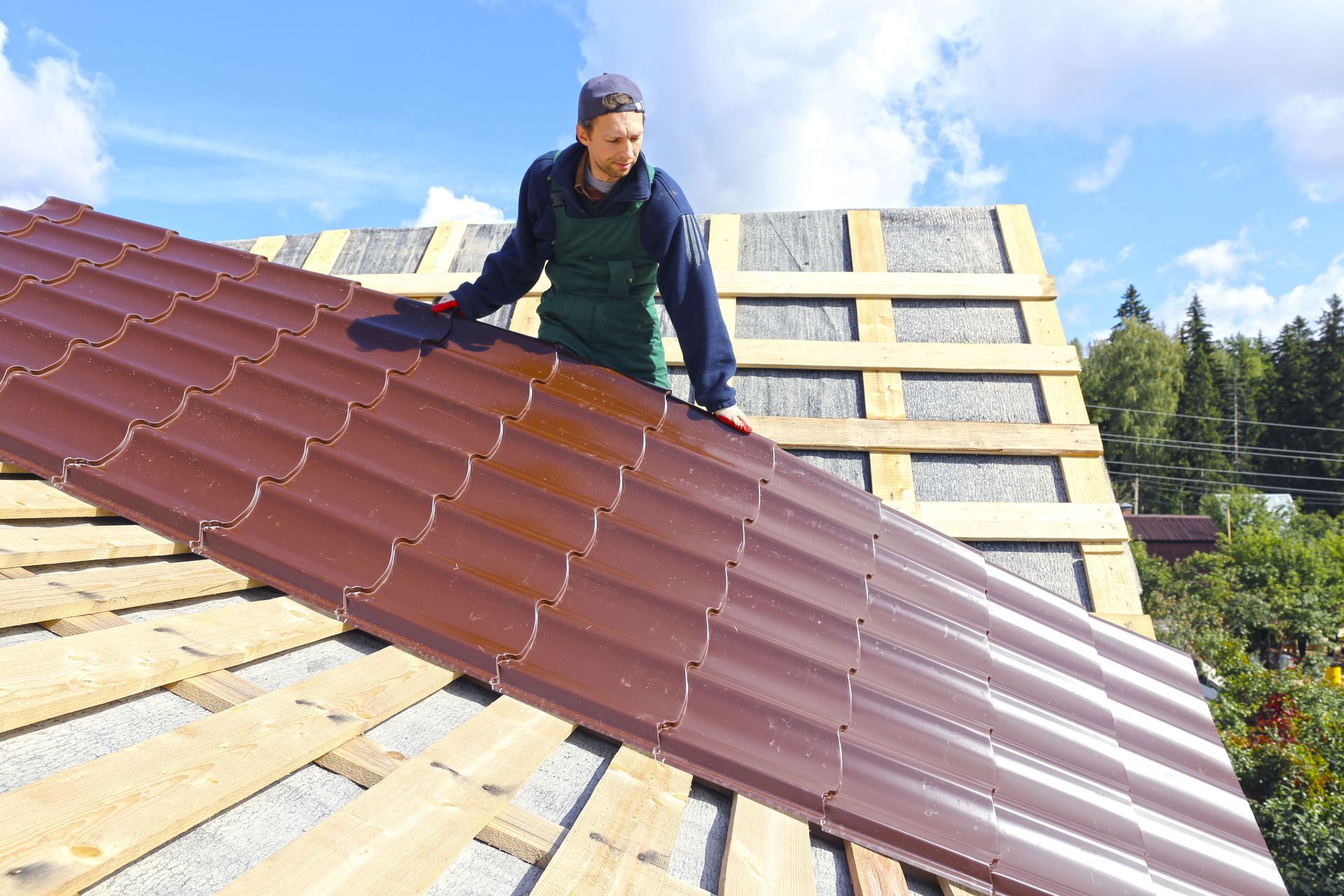
Share On: